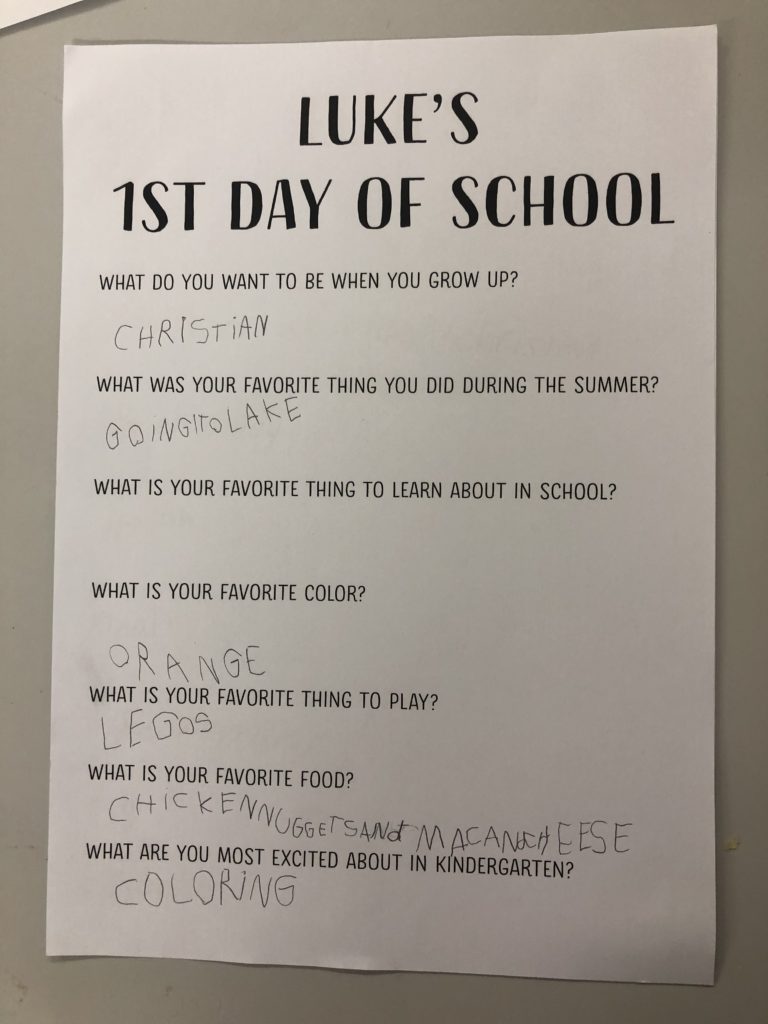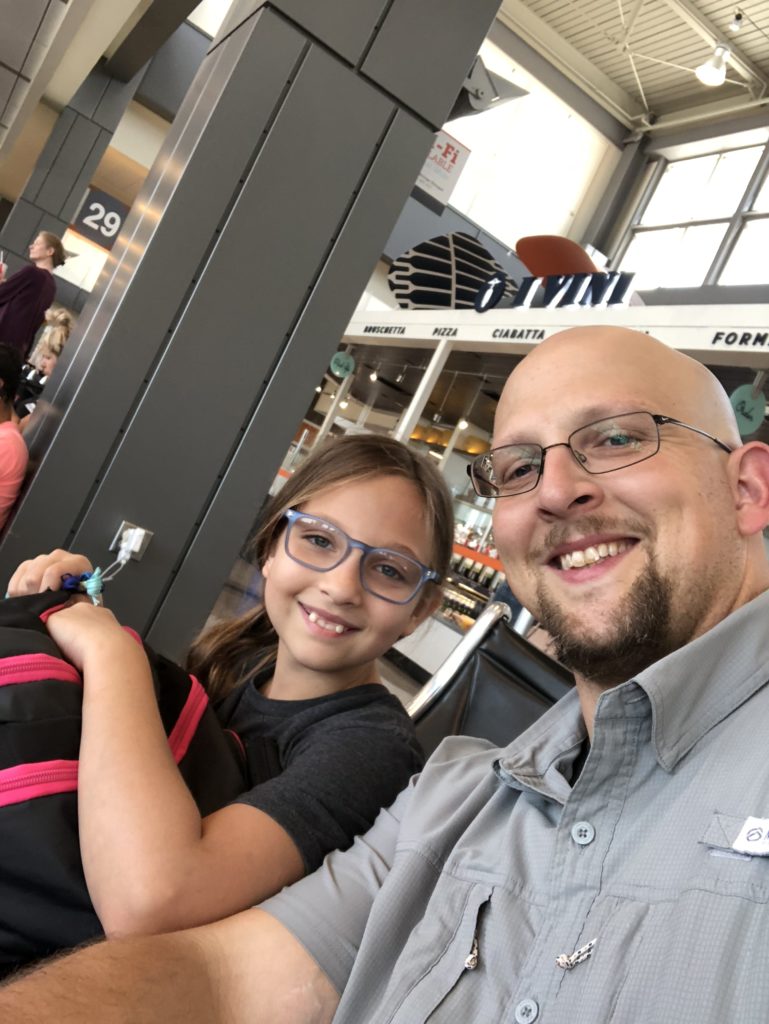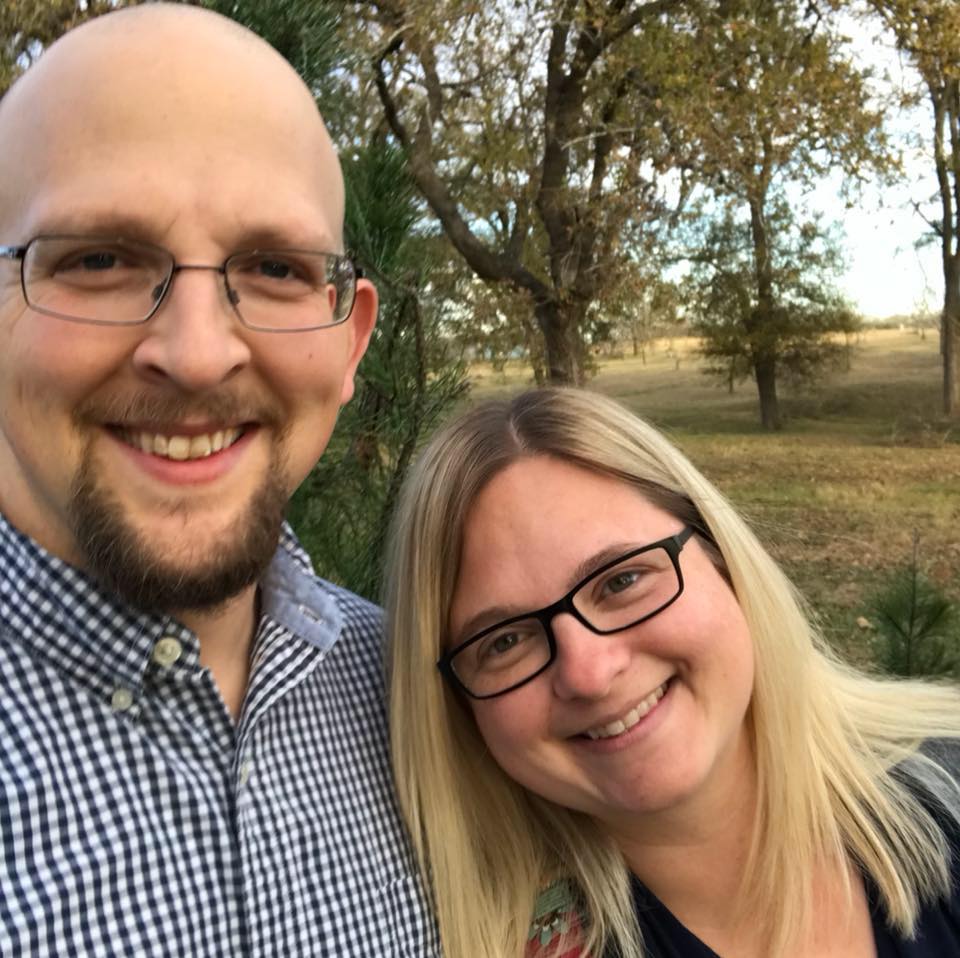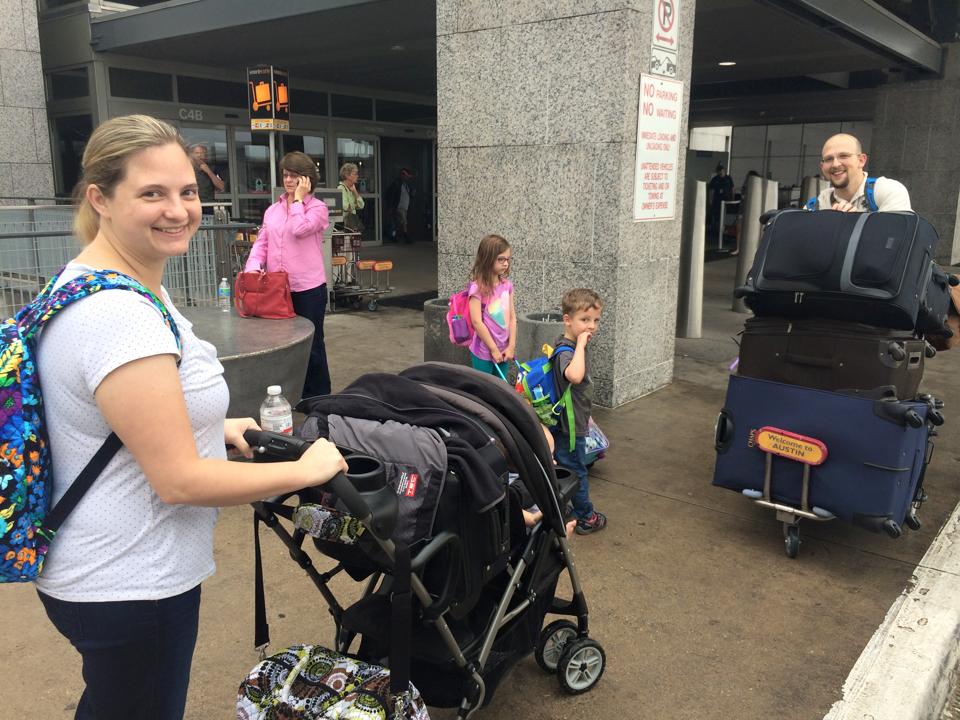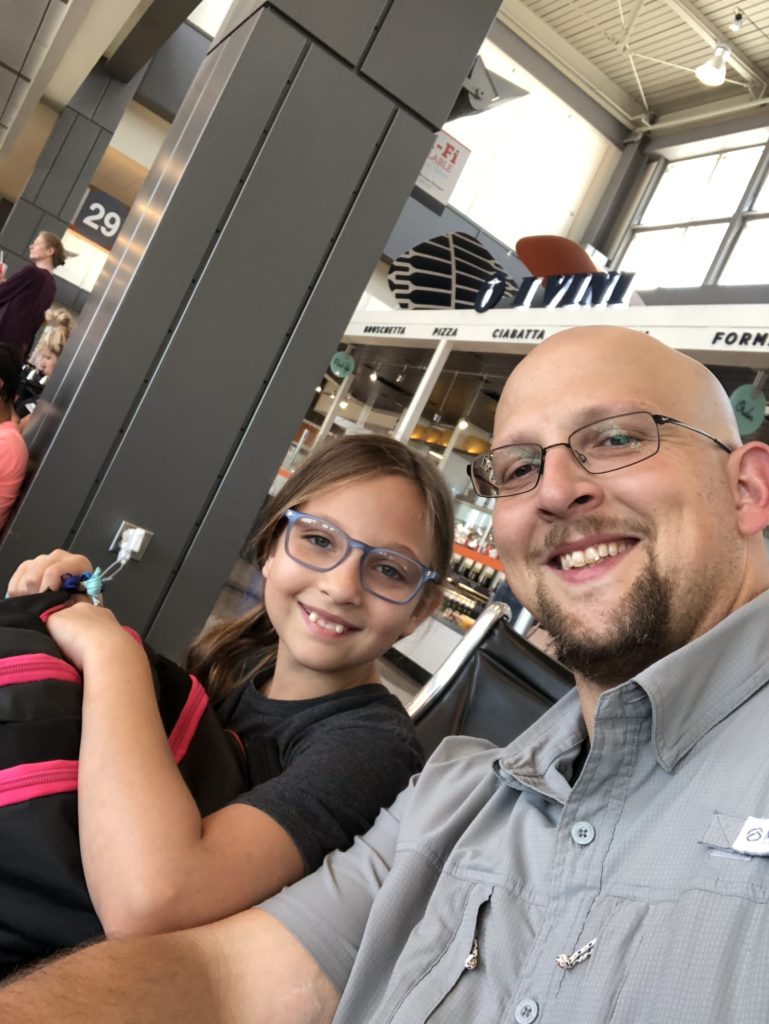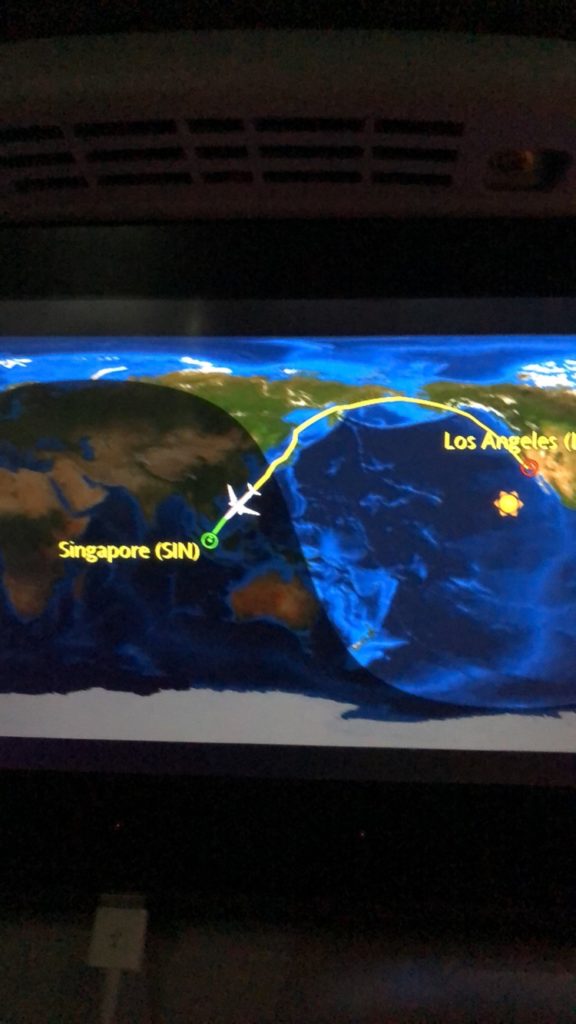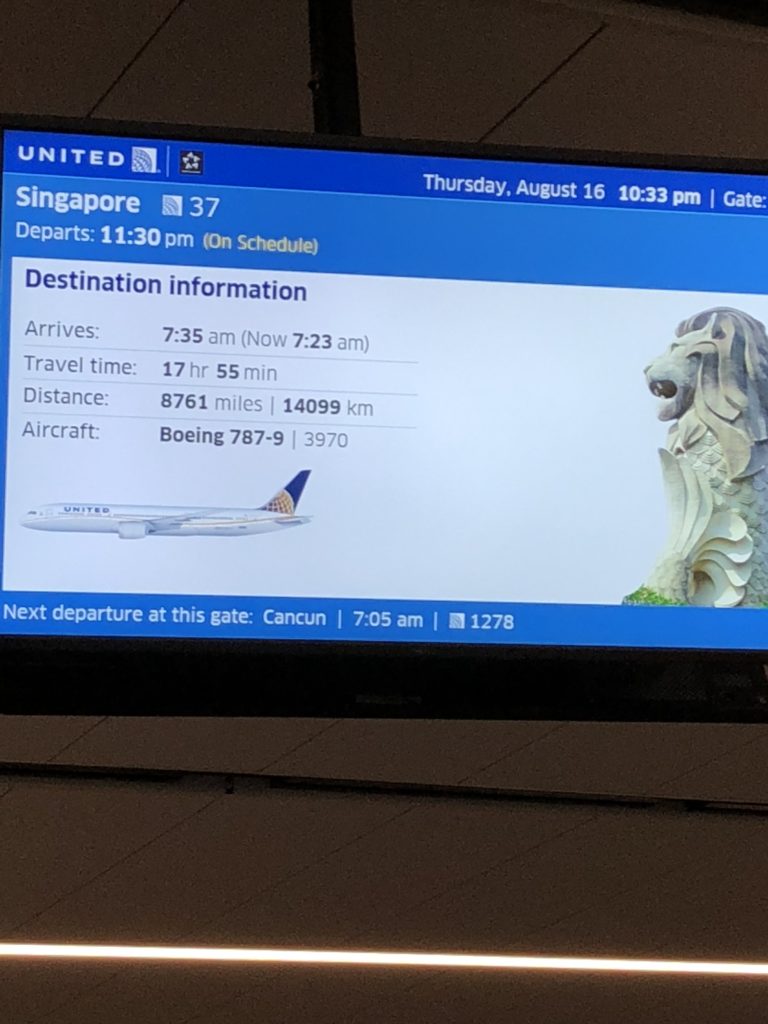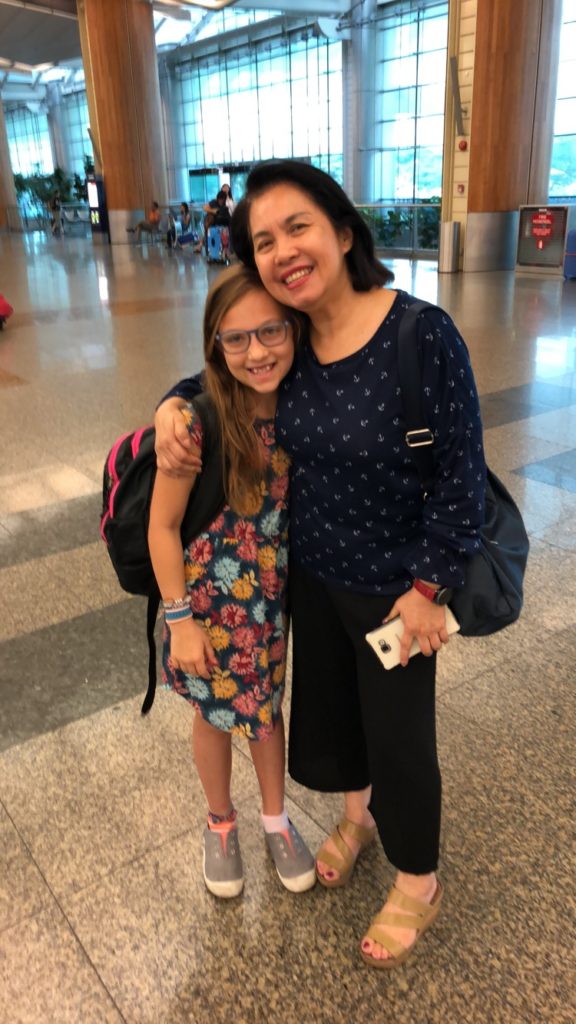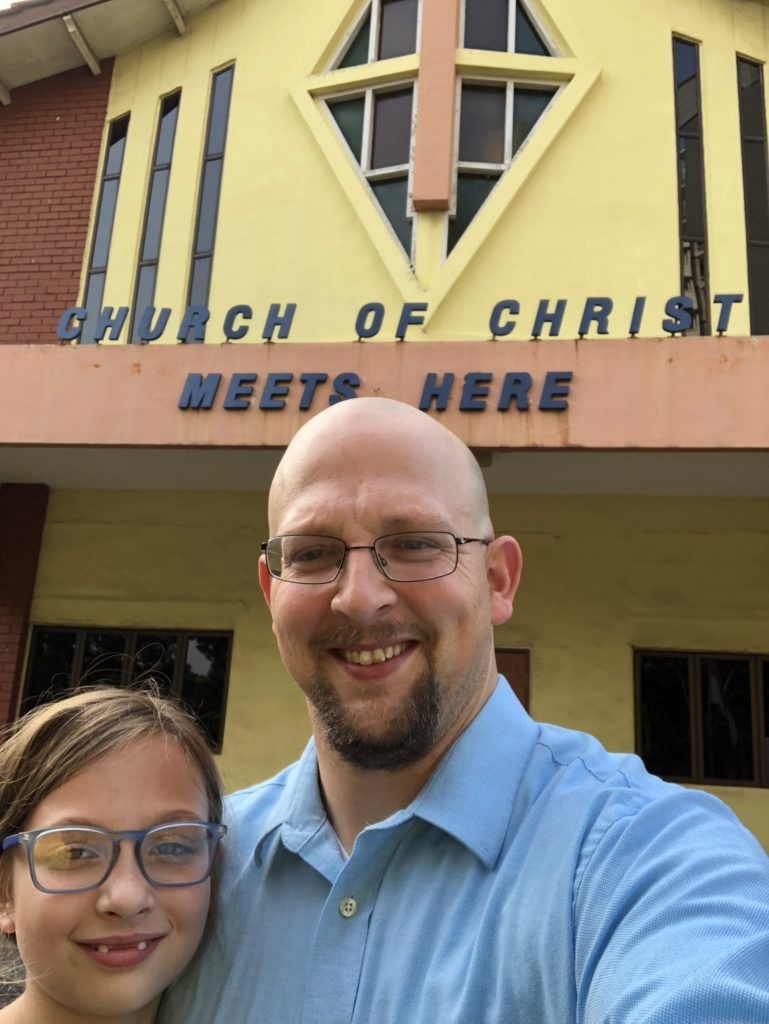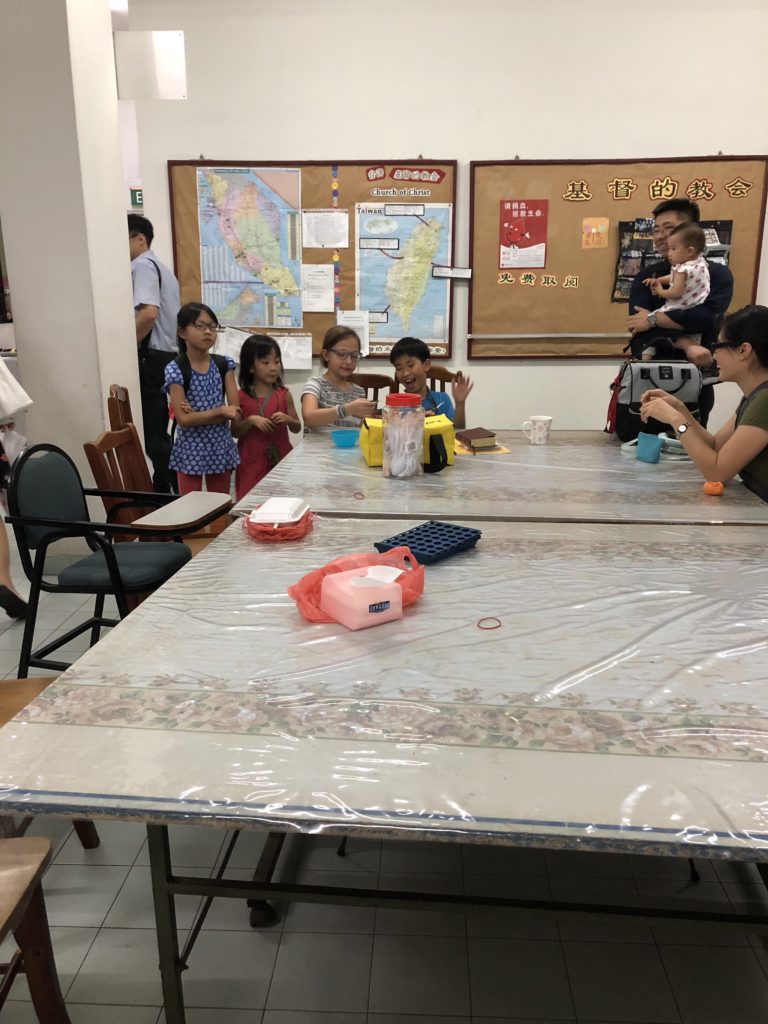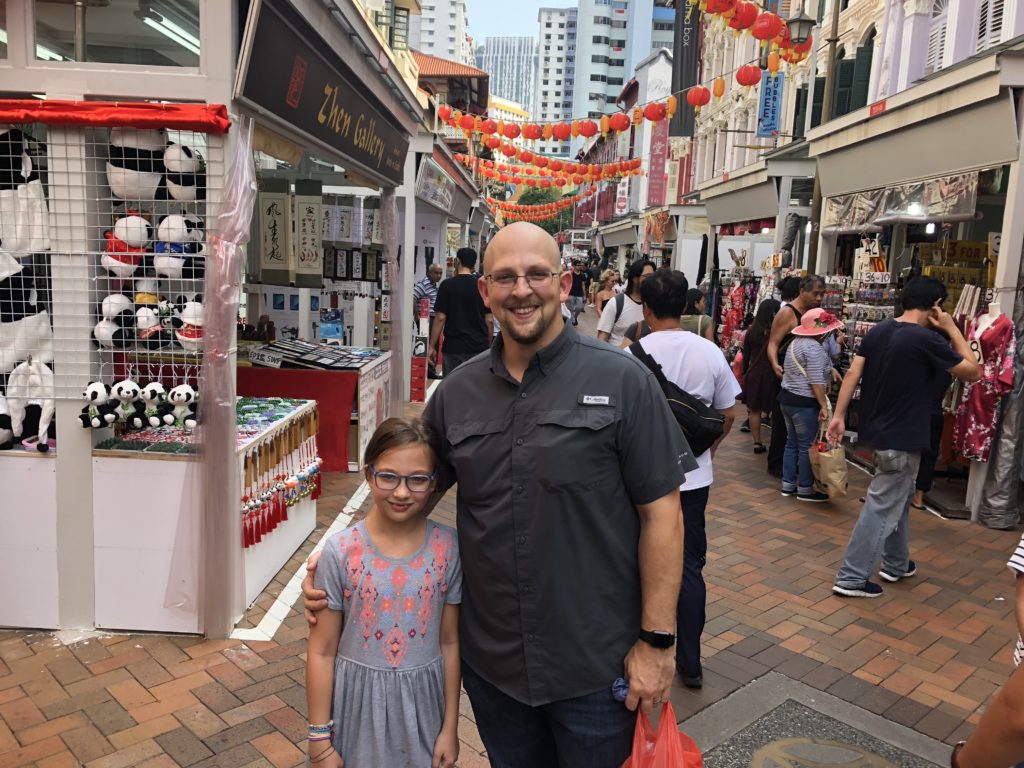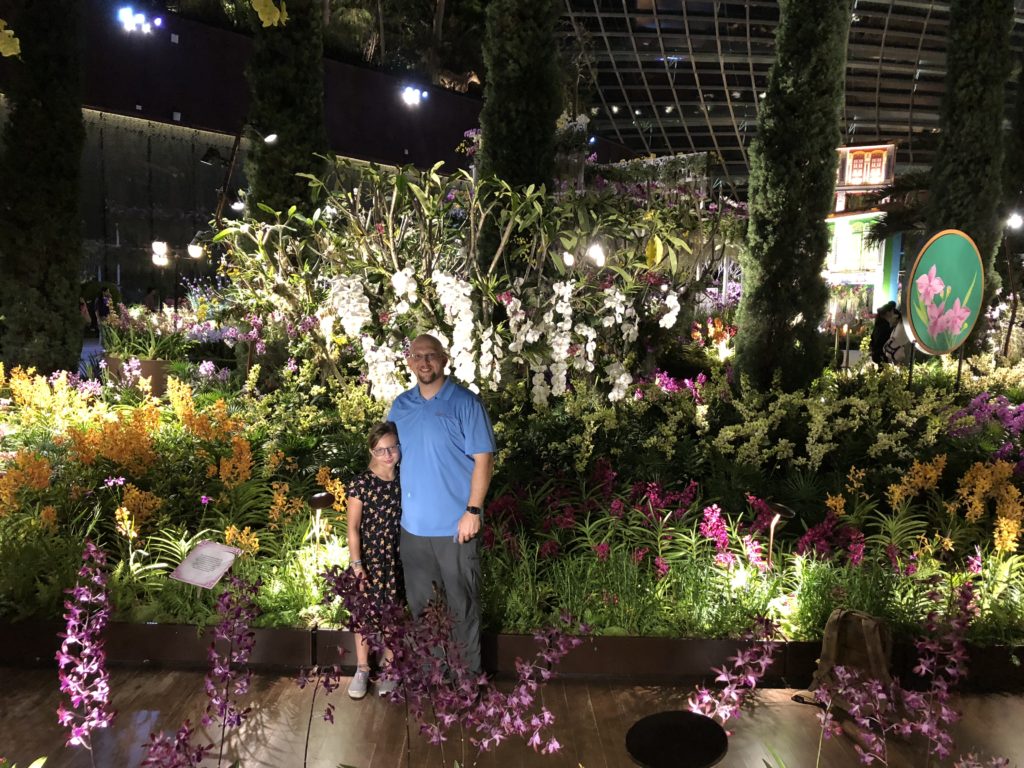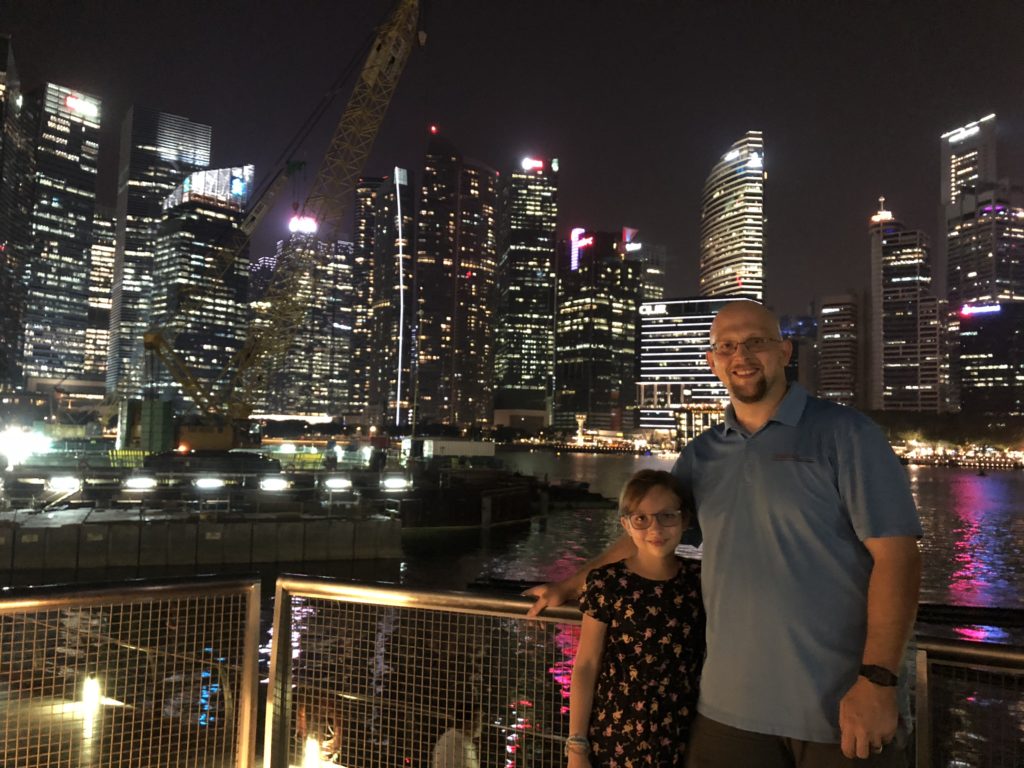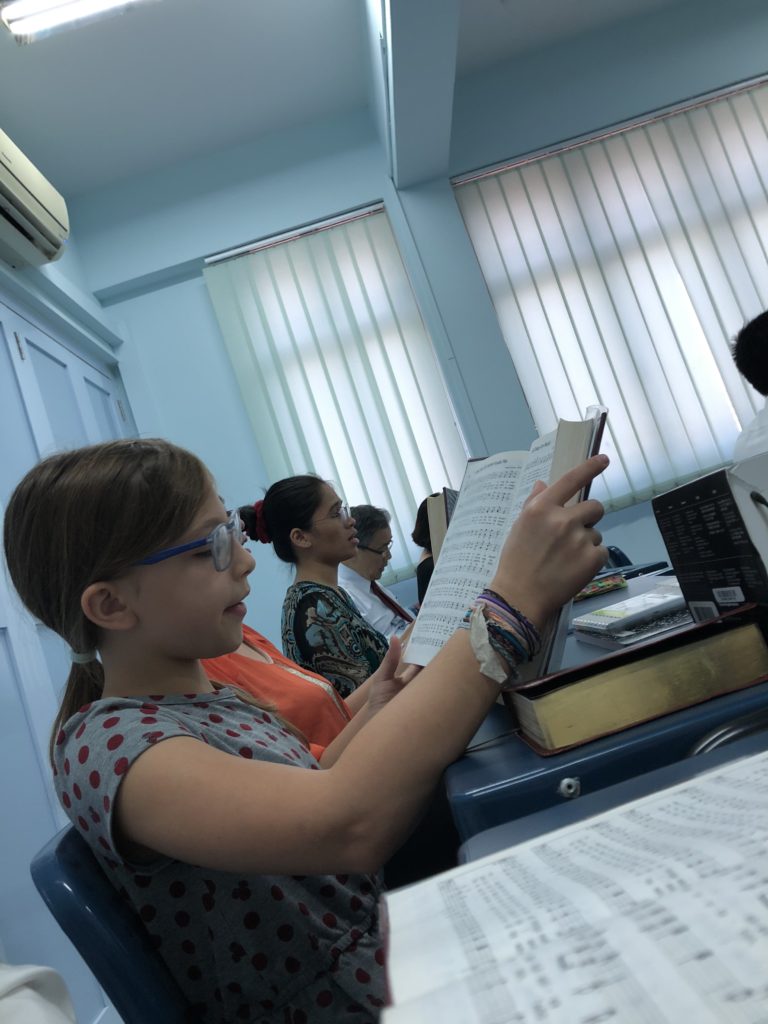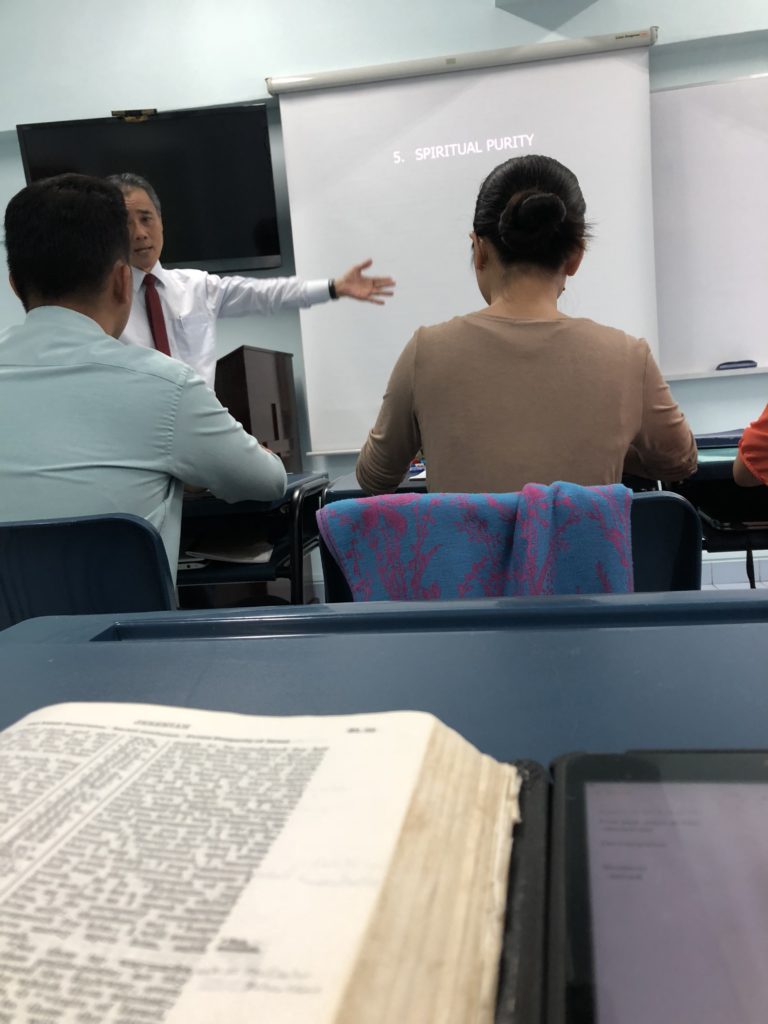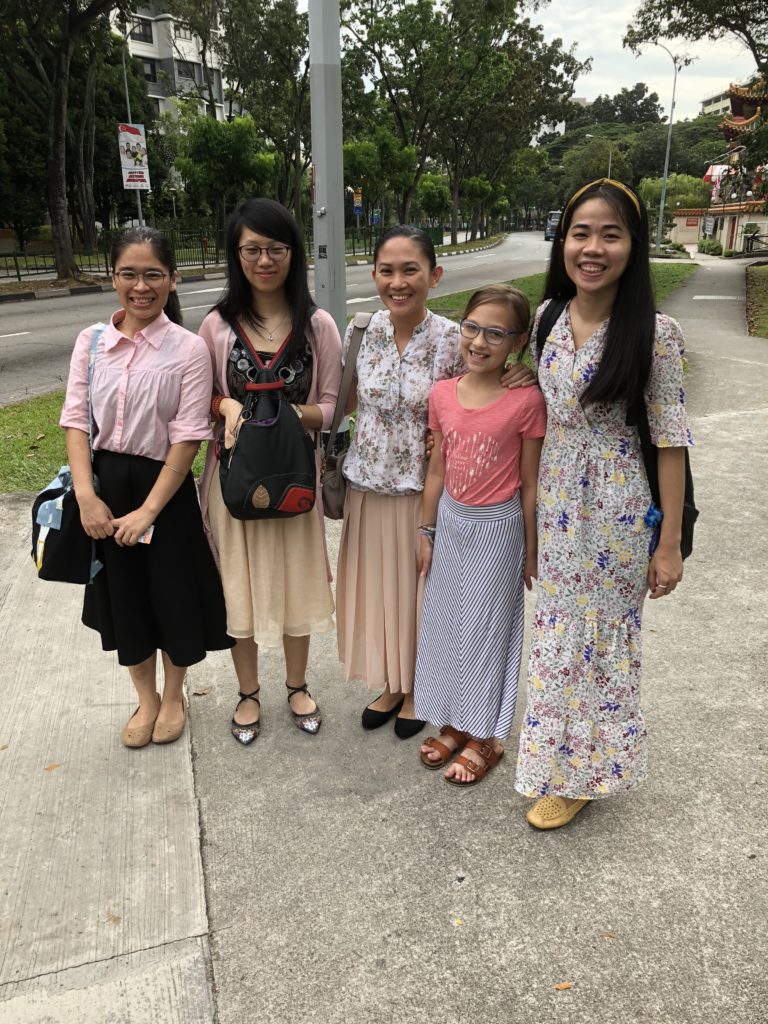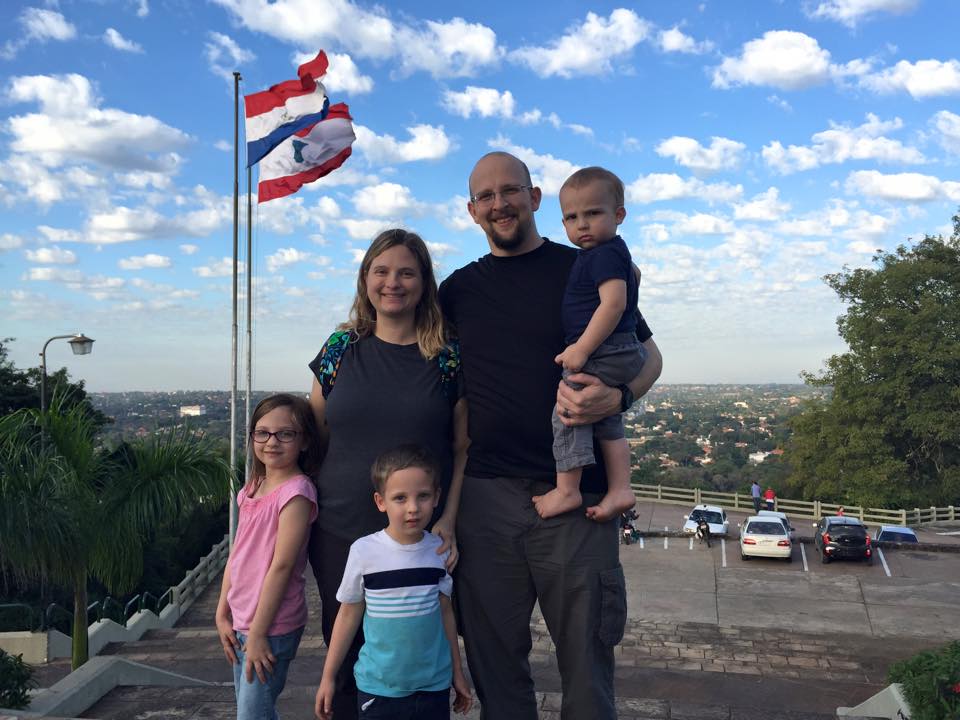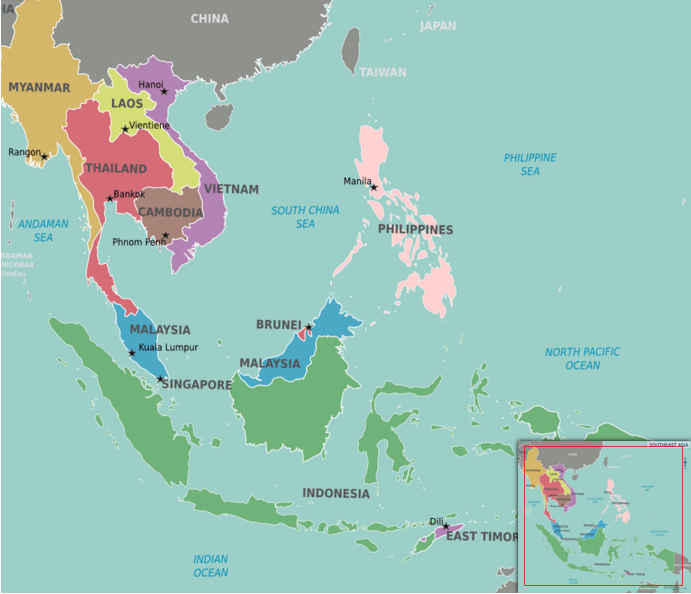Foreign mission work requires patience and flexibility; there is no doubt about it. Trent and I have been blessed with different opportunities in different countries, and each and every unique situation requires its own patience and flexibility. Whether Trent is leading a team in Jamaica, we’re taking our family to work in South America for the summer, or we are settling down for long term work in Singapore, maintaining patience and flexibility is key. When Trent trained teams for evangelistic campaigns, he made up a word that most of them could recall, even today, it was some combination of fluid and flexible…
Even something as seemingly simple as obtaining the right to stay in a country can be quite tedious, draining, and downright frustrating at times. Every country’s requirements are different (as you’d expect them to be) based on why you are in the country and how long you want to stay and more. Navigating through whatever information you might be able to find online can be tedious and confusing. It can be quite difficult to read through a foreign country’s government website (if it exists and is in a language you can read) to determine the steps to take to enter (and stay) in that country. I don’t even like looking at the United States’ (or Texas’) government website for information, and I’m familiar with how things work (for the most part, ha!) there. Once again we were reminded, flexibility.
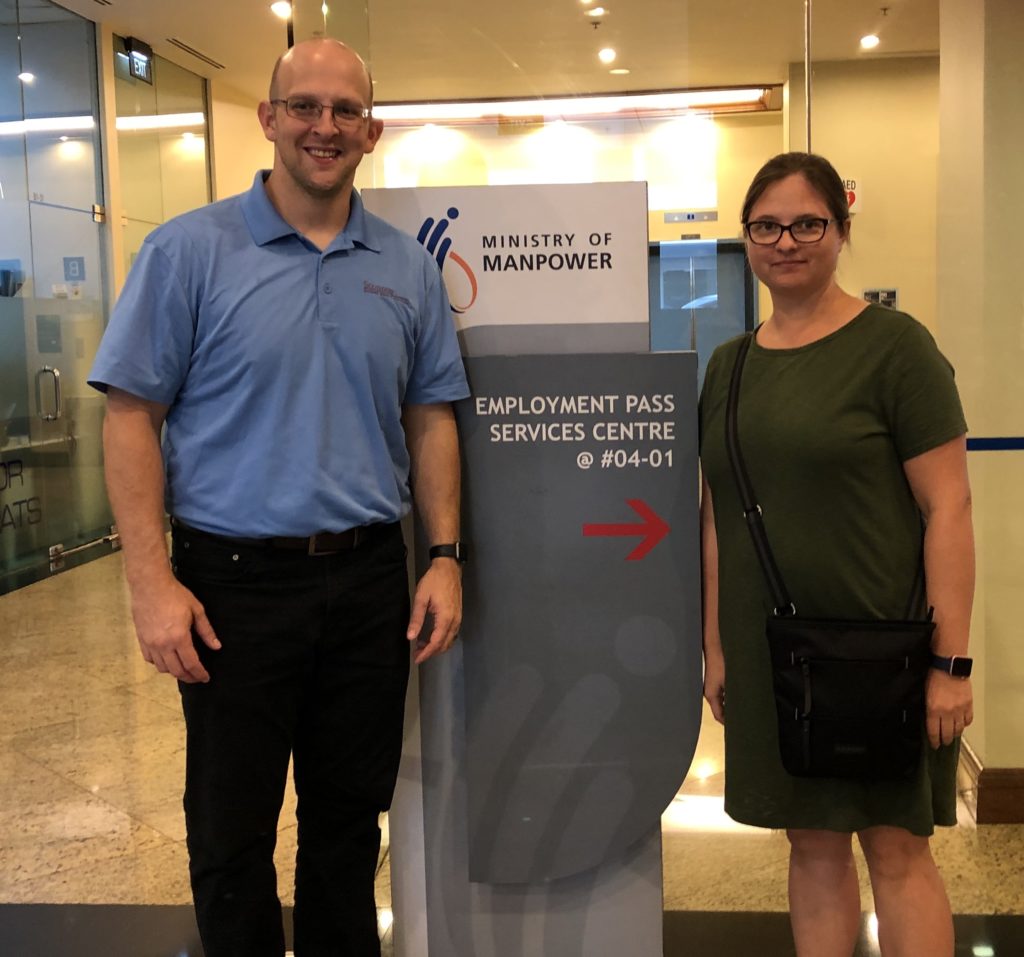
Singapore has a strict immigration policy keeping close tabs on who they let in the country and how long they can stay. If necessary, they will remove you from the country if you stay beyond your allowed time. In order for our family to stay in Singapore, Trent had to obtain an employment pass (work visa), and the rest of the family had to obtain dependent passes.
When we entered the country, the immigration officer had the right to grant us either thirty or ninety days in the country without obtaining further approval. Thankfully we were granted 90 days. During these first ninety days, we had to complete the process to obtain our employment and dependent passes. If the college had not began the process before we arrived, we likely would have had to leave the country for a time to renew our visas.
Singapore has serious requirements that must be met to obtain an employment pass. We had to provide copies of many “normal” things such as Trent’s passport and birth certificate. However, we also had to show documentation that Trent was qualified to take the job of teaching at Four Seas by providing things such as his work history, salary history, and copies of his diplomas. Finally, we also had to show that Trent would have sufficient income to provide for a family of six in Singapore (based on data from Singapore’s government).
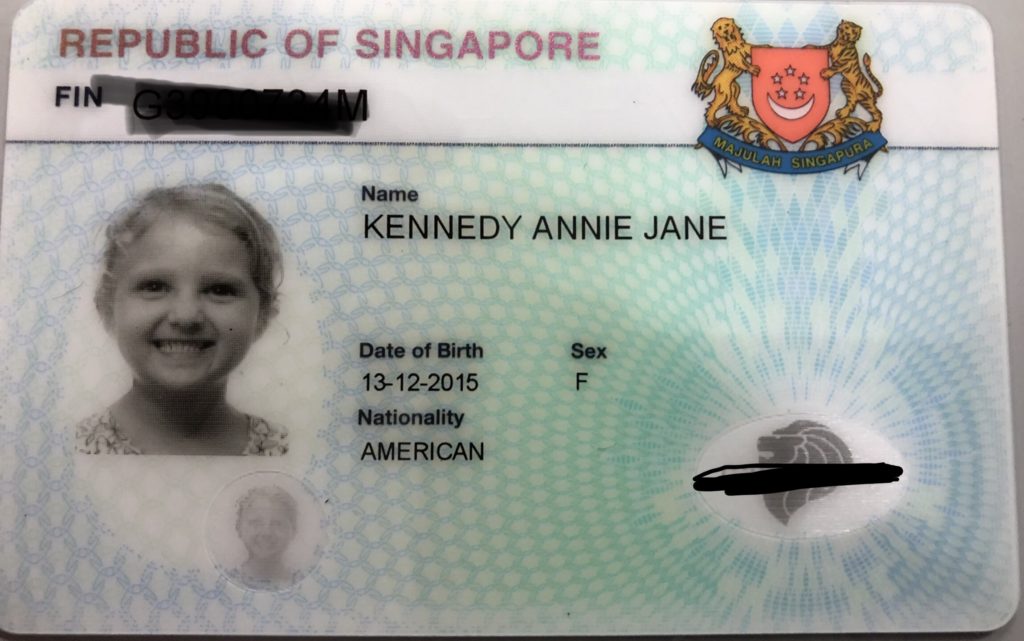
After Trent’s employment pass was conditionally approved, we had to apply for the rest of the family’s dependent passes. Obtaining our dependent passes was another tedious process, particularly for the children, because Singapore has vaccination requirements for children staying in the country. Although our children were up to date on their vaccines for a typical U.S. vaccine schedule, Annie was not up to date for Singapore’s vaccine schedule, so she had to receive a vaccine right before we left the U.S. Everything was ultimately approved, and we are thankful to God for that!
Then, we had to appear in person at the Ministry of Manpower’s (an acronym we can all love -MOM) Employment Pass Centre for final approval. Now, we are 100% legal! These passes not only allow us to legally stay in Singapore, but they also allow us to enter into contracts (leasing an apartment, opening a bank account, getting cell phone, etc). Obtaining these passes was a necessary hurdle to working in Singapore. We are so grateful to Sister Chin and the many countless hours (some after our arrival in Singapore) she spent working her way through the necessary paperwork for our family (of six!) to obtain these passes. We also greatly appreciate many prayers offered on our behalf for our family’s transition to Singapore, realizing that going through these legal steps was part of that transition. Once again, we learned patience.
-Lisa



